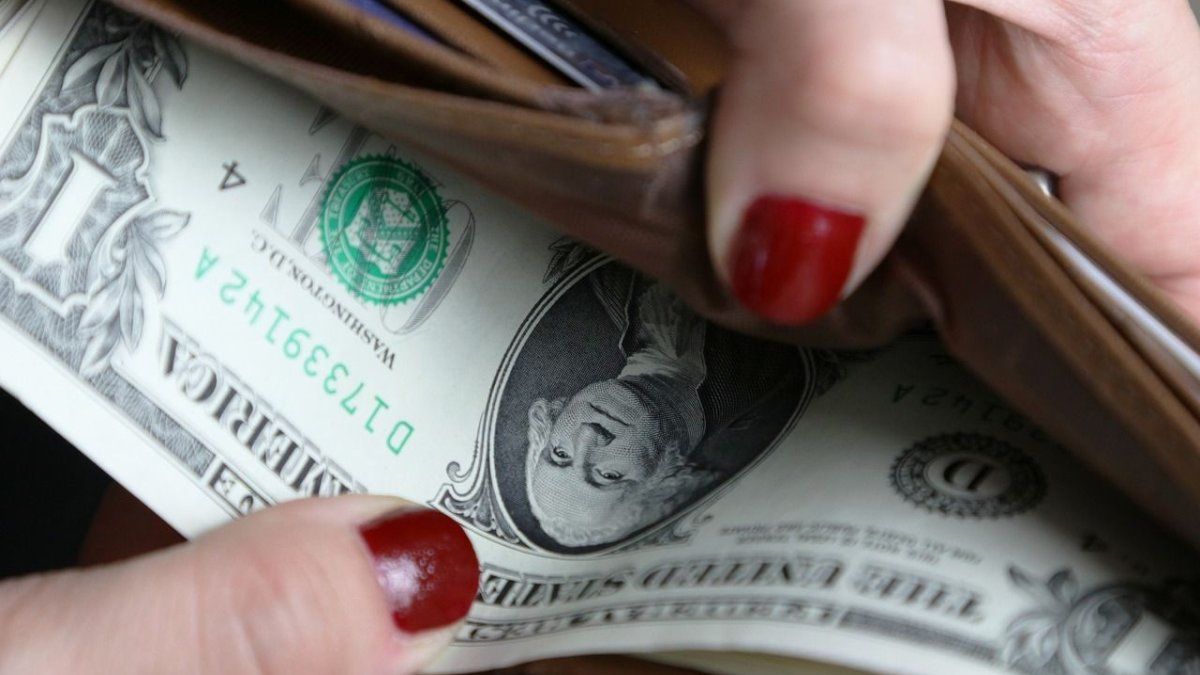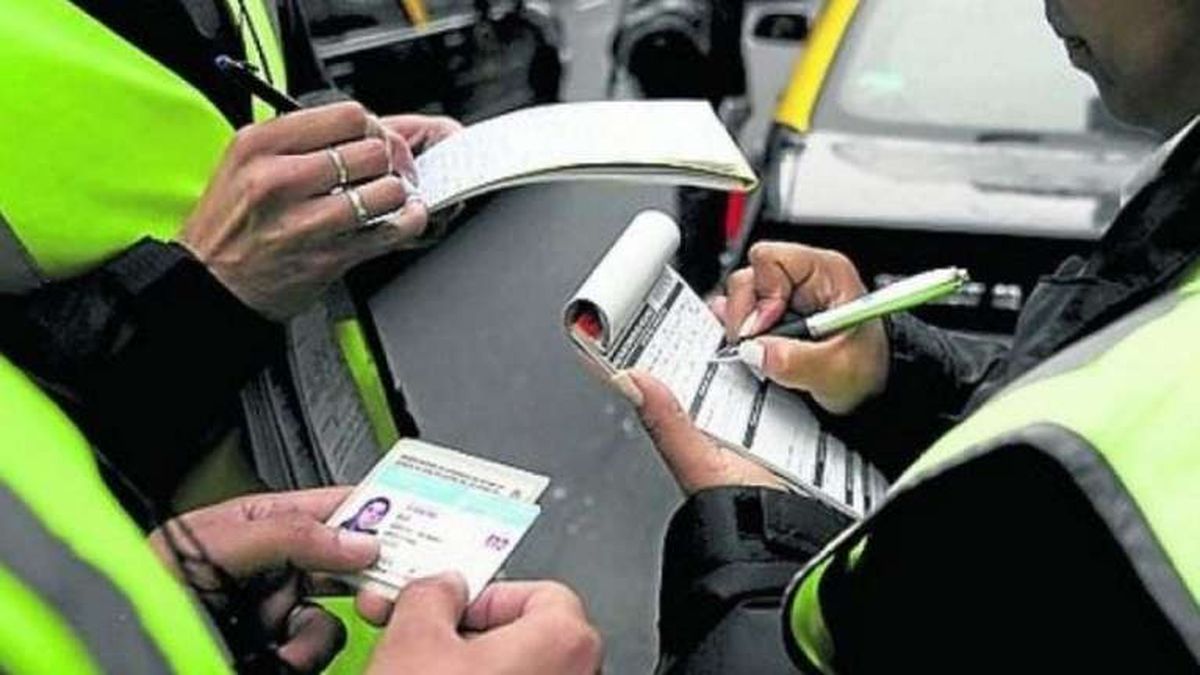In July, the BCRA began to intervene in the price of financial dollars. It also eliminated restrictions while maintaining the restrictions in the official segment.
Starting this Thursday, August 1, people with savings capacity will be able to use their savings again.l quota of US$200 which can now be purchased at the official exchange rate, as long as they meet the requirements to do so. However, the relaxation of the restrictions on the purchase of MEP and the increase in the price gap make investment in the so-called solidarity dollar unattractive.
The content you want to access is exclusive for subscribers.
Currently, those individuals looking to hedge against a possible future devaluation can purchase “greenback” at their trusted bank at the retail exchange rate plus a 60% surcharge in taxes, which gives a figure of $1,521.60 for each dollar acquired.


In the accumulated amount of July, the “solidarity”, or also called savings dollar, registered a rise of 2.2%, in line with the “crawling peg” set by the Central Bank (BCRA) for the wholesale exchange rate, which governs foreign trade operations.
The MEP dollar becomes more attractive than the savings dollar
At the same time, savers have another possibility of buying dollars legally, through the purchase and sale of bonds on the stock exchange. This operation, known as MEP dollar, It has the advantage that there is no quantity limit and that it is carried out at a considerably lower price.
In the last month the MEP accumulated a 5% drop to $1,280.41. Thus, the quote is more than $240 below the “solidarity” one, which implies a 18.8% gap, the highest since May 31.
This happened mainly after the Government started a new stage of monetary policy, which contemplates the use of the BCRA reserves to intervene in the price of financial dollars, with the aim of reducing the exchange rate gap.
More recently, the monetary authority announced that those who received assistance from the State during the Covid-19 pandemic, those who receive subsidies for energy rates or are holders of mortgage loans, and those who do not receive a stable income will now be able to buy MEP dollars.
Thus, The elimination of restrictions on trading on the stock exchange, with respect to the validity of restrictions on acquiring official dollars, is another factor that tips the balance towards parallel exchange rates..
The MEP can also be purchased at a bank or a stock exchange. In some cases, financial institutions carry out the entire transaction, while in others, it is the person who must first buy the AL30 (or GD30) bond in pesos, and then sell it in dollars, respecting the 24-hour “parking” period (time during which the bond must be immobilized).
Who cannot buy MEP dollars?
The following people cannot buy MEP dollars:
- Those who have purchased solidarity dollars in the last 90 days
- Those who plan to buy solidarity dollars in the next 90 days
Who cannot buy savings dollars?
The following people cannot buy savings dollars:
- Those who bought MEP or CCL dollars in the last 90 days.
- Those who received salaries in 2020 through the Production and Work Assistance (ATP) program.
- Those who receive social plans or state aid such as the Universal Child Allowance (AUH).
- Monotributistas who have current loans at a subsidized rate.
- Those who do not have their income declared.
- Co-holders of bank accounts.
- Those who spent their $200 limit with their card, which includes paying for services such as Netflix or Spotify in dollars.
- Those who have a 12-installment payment plan for credit card debts.
- Those who refinanced their debts with banks for personal, collateral or mortgage loans.
- Recipients of the income booster paid in May and June 2022.
- Those who receive state subsidies for the payment of electricity and gas rates from September 2022.
- People who enter the pension moratorium to retire without having made the 30 years of mandatory contributions.
- Registered workers, retirees and pensioners of ANSES who have access to the new loans of up to $400,000.
Source: Ambito
I am a 24-year-old writer and journalist who has been working in the news industry for the past two years. I write primarily about market news, so if you’re looking for insights into what’s going on in the stock market or economic indicators, you’ve come to the right place. I also dabble in writing articles on lifestyle trends and pop culture news.




